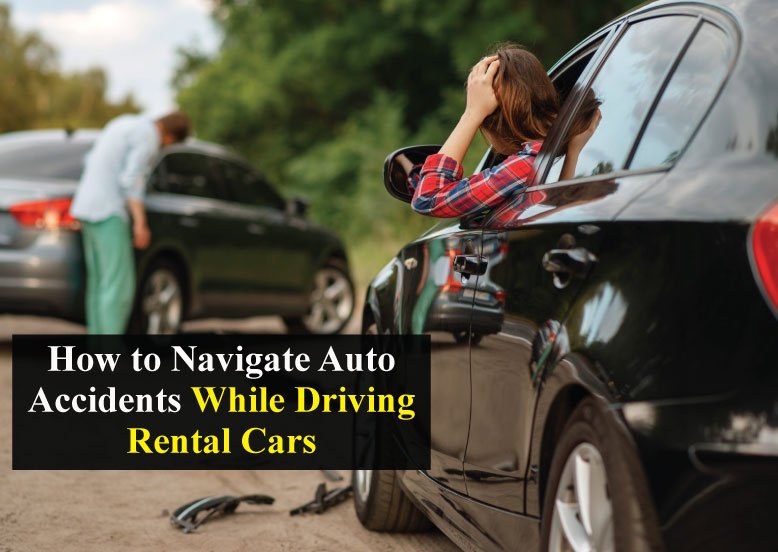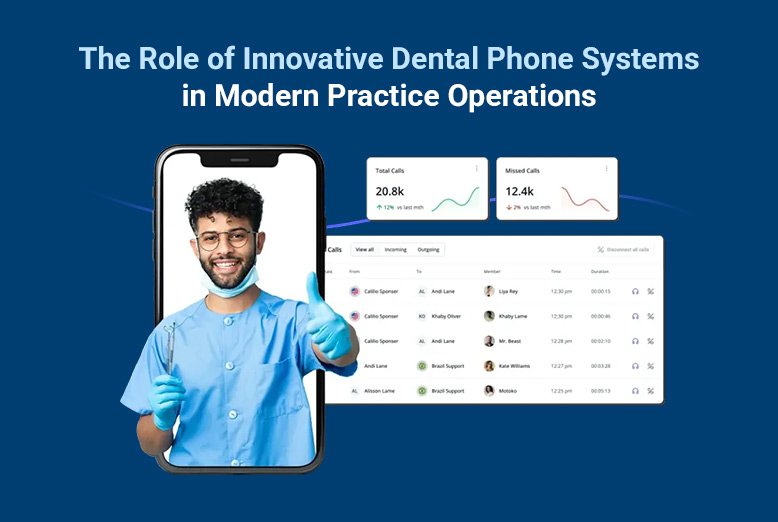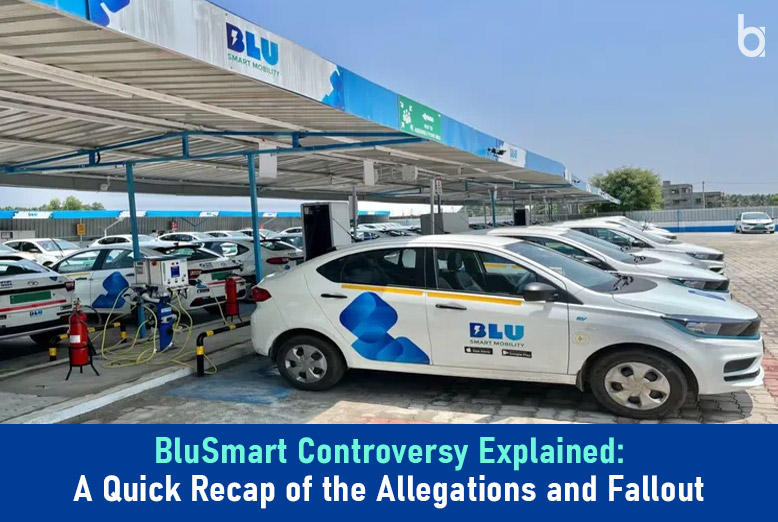Given the complicated nature of taxes and laws regarding the purchase of a vehicle in California, buying a car can be a rather expensive proposition. If you don’t really require a car, chances are you’re not buying one just for the sake of it. However, on the one odd occasion that you do require a car, renting one is a hassle-free and cheap alternative. Ideal for taking family trips or long drives with friends, a rental car eliminates the hassle of regular car ownership problems.
When it comes to traffic accidents, being prepared is key. This holds true whether you are driving your own car or a rental vehicle. However, understanding the specific steps to take after an auto accident while driving a rental car can be essential in preserving your rights and protecting yourself from potential financial liabilities. You may look at firms like Kuzyk Law, who specialize in this kind of case. Before you do that, check out this article, where we outline the necessary actions to take following an auto accident involving a rental car, ensuring clarity and peace of mind.
Document the Accident Scene
Securing evidence is crucial in any auto accident case, and it is no different when dealing with a rental car. Firstly, ensure safety by moving to a safe location away from traffic. Then document the accident scene by taking pictures or videos of any damage caused and the overall conditions of all vehicles involved. Bear in mind that capturing essential aspects such as skid marks or obscured visibility can help determine fault later on.
Notify Local Law Enforcement
Reach out to local law enforcement immediately following any accident involving injury or significant property damage—regardless of who was at fault. Having an official police report on record will support your claim with the insurance company when reporting the incident later on. Remember not to admit fault when conversing with both law enforcement officials and other drivers involved.
Report the Accident to Your Rental Provider
Within 24 hours of the incident, contact your rental provider’s emergency hotline or local branch office and report the accident promptly—all while maintaining comprehensive documentation for verification purposes. Provide truthful details regarding what happened without speculative or vague statements. The sooner you inform them about what transpired, the better. Secure their guidance about towing services, repairs, alternate transportation arrangements (if necessary), legal procedures, and insurance implications accurately—you may also decrease risk exposure concerning delays or additional charges.
Understand Insurance Coverages
Your personal auto insurance policy may provide coverage under certain conditions when renting a vehicle. Review your policy ahead of time or contact your insurance agent to comprehend the extent of coverage it offers for rented cars—consider aspects such as bodily injury liability, property damage liability, comprehensive coverage, and collision damage waiver (CDW). Furthermore, if you do opt for rental company insurance options at the time of renting the vehicle, explore their specific coverages in depth. Familiarize yourself with deductibles and any potential limitations.
Seek Legal Counsel if Necessary
If anyone has sustained injuries or significant property damage resulting from the accident involving the rental car—to protect your interests—it would be advisable to consult legal counsel specializing in personal injury law or motor vehicle accidents. They can be valuable assets in navigating complex legal procedures and assisting in filing claims against at-fault parties involved.
Gather Driver and Witness Information
Following an accident with a rental car, it is essential to collect driver and witness information to facilitate the claims process. Exchange contact details, including names, phone numbers, addresses, and insurance information, with other drivers involved. Additionally, ask any witnesses for their names and contact information, as their statements can provide valuable evidence in determining fault.
Understand Liability
Determining liability in accidents involving rental cars can be complex. Not only could another driver be at fault, but there might also be considerations regarding the rental company’s liability or potential negligence. Understanding this aspect is vital when reporting the incident to your rental provider and insurer or even pursuing legal action if necessary. Consider consulting legal advice to grasp liability nuances specific to your situation.
Follow Up with Insurance Claims
After promptly notifying your rental provider about the accident, initiate the claims process by reporting the incident to your auto insurance carrier. You could also provide updates to the concerned party if you opted for additional rental coverage through a third party like credit card benefits or travel insurance policies. Provide all available documentation, such as police reports, photographs, and videos depicting damages sustained by both vehicles involved, medical records (if applicable), and expenses incurred due to alternative transportation arrangements or temporary vehicle rentals.
Wrapping Up
While being involved in an auto accident is undoubtedly stressful, things become complicated when driving a rental car. It adds an additional layer of complexity that requires attention to detail and adherence to proper protocols. You can navigate these unfortunate situations by documenting the scene, notifying local authorities and your rental provider, understanding insurance coverages, and seeking legal counsel when necessary. Remember: careful preparation ensures that even in challenging circumstances away from home, you can effectively handle auto accidents involving rental cars while protecting your rights and wallet.
Also Read: On-Demand Car Rental App Development: Creating the Future of Mobility















